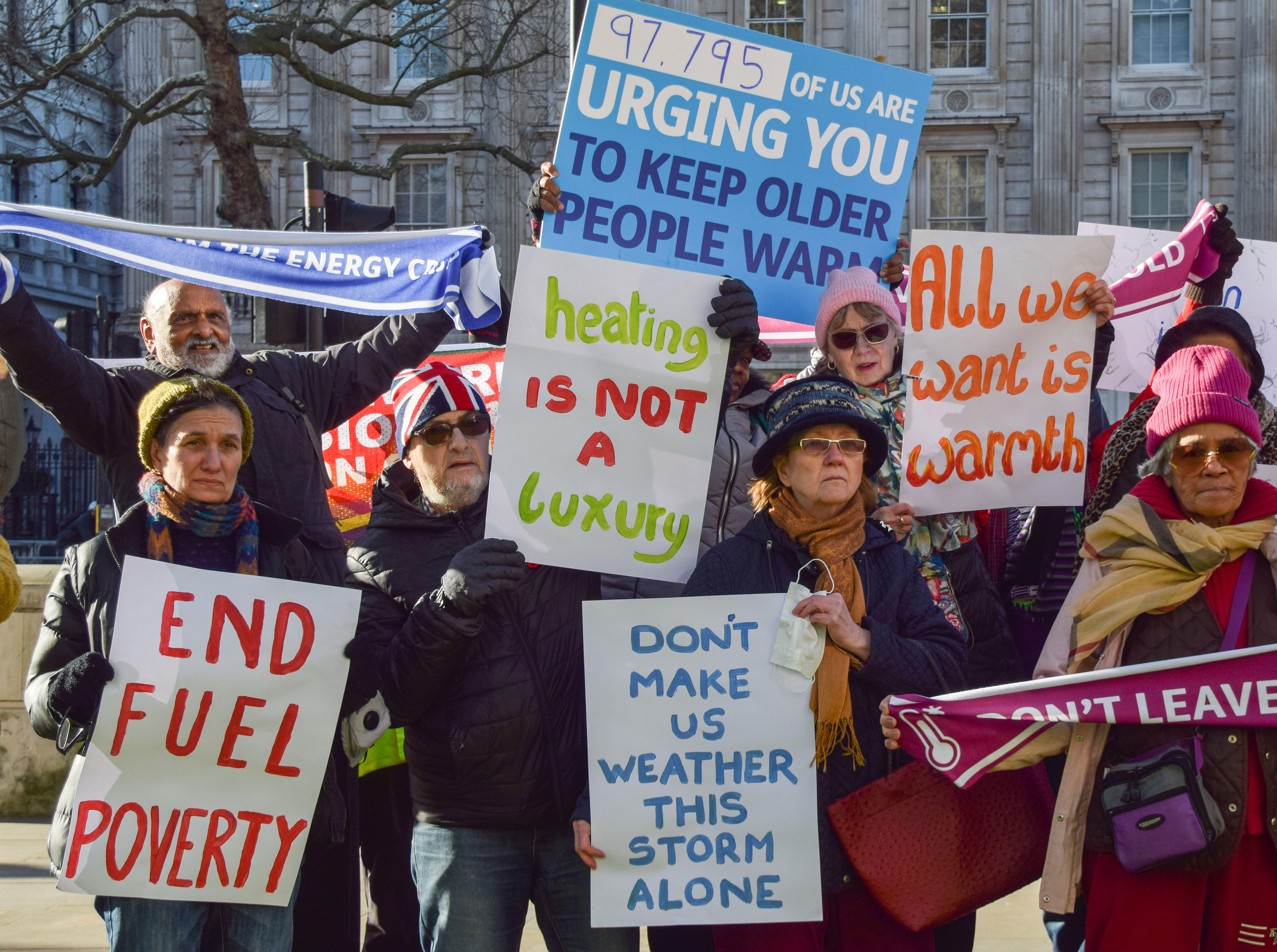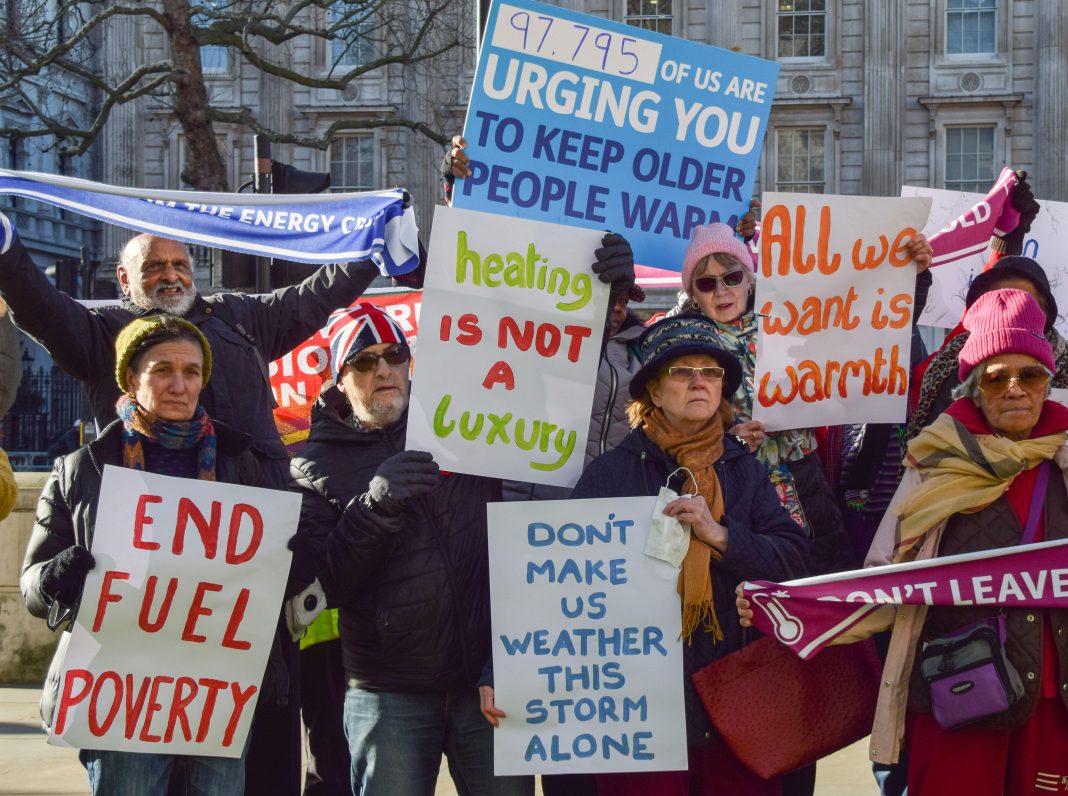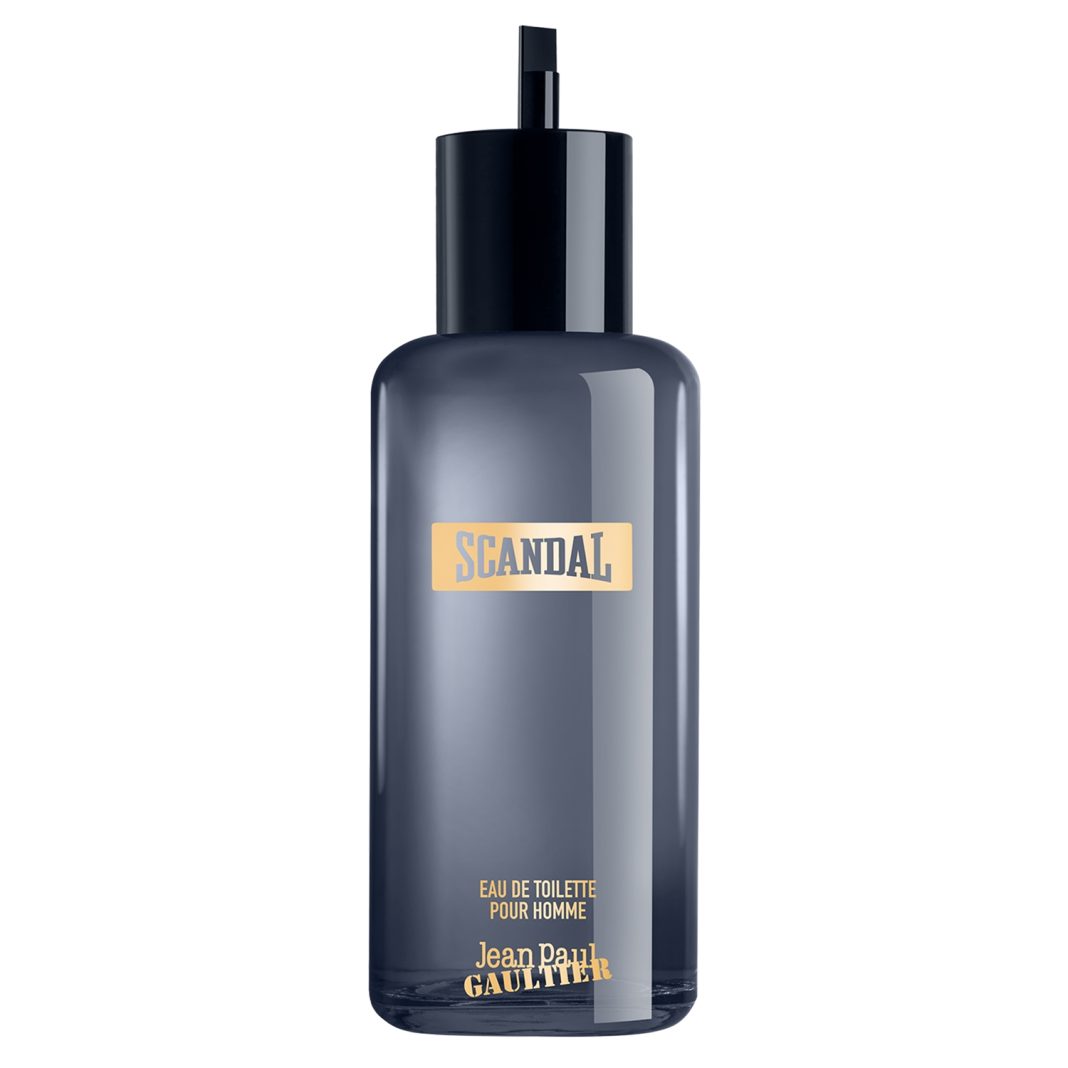
Easing Australia’s Cost of Living: The Greens’ Proposal to Increase Corporate Taxes
Introduction:
As major retailers struggle with profit losses, Greens leader Adam Bandt is proposing a plan to alleviate Australia’s cost of living by increasing taxes on corporations to the tune of more than $500 billion. Dubbed the “Robin Hood tax,” the proposal aims to ensure that big corporations pay their fair share and contribute to the wellbeing of everyday people. This article explores the key elements of the plan and its potential impact on the economy.
Targeted Corporations and Excess Profits:
Under the Greens’ proposal, certain companies, including Coles, Woolworths, NAB, and the Commonwealth Bank, would face a tax increase on their excess profits. Bandt argues that these corporations have squeezed hundreds of billions of dollars out of the public, often tax-free, since the end of the pandemic. By implementing a 40 percent tax on excess profits, the plan aims to redirect much-needed funding towards everyday people and reduce the cost of living.
Mining Projects and Offshore Gas/Oil Companies:
The Greens’ plan also includes measures to tax mining projects and offshore gas and oil companies more effectively. Mining projects, excluding lithium or nickel mining, would be subject to a 40 percent “super profits” tax. This strategy ensures that the mining industry contributes its fair share to public funds. Additionally, the proposal aims to raise $111 billion by forcing offshore gas and oil companies to pay royalties, further increasing their contribution to the economy.
Potential Revenue and Bargaining with a Minority Labor Government:
Overall, the Greens aim to collect more than $500 billion from big businesses, which they plan to use for the benefit of everyday people. However, the success of this plan relies on bargaining with a minority Labor government. If Prime Minister Anthony Albanese is re-elected next year, the Greens will need to negotiate with Labor to implement these changes. This collaborative approach highlights the importance of political cooperation in enacting significant policy shifts.
Impact on Major Retailers:
Bandt’s proposal comes at a time when major retailers like Woolworths and JB Hi-Fi are grappling with profit losses. Woolworths reported a net profit of $1.16 billion, a significant decrease of 21.8 percent from the previous financial year. Likewise, JB Hi-Fi’s net profits fell by 20 percent to $264.3 million. These financial challenges faced by retailers highlight the need for measures that address the struggling economy and support businesses in key sectors.
The Retail Industry’s Perspective:
The Retail Association of Australia has welcomed the proposal to hold interest rates, recognizing the impact of consumer demand for cheaper products on businesses. The association emphasizes that retailers cannot afford to provide cheaper products, leading to reduced inventory and a ripple effect on suppliers. The National Retail Association’s Interim CEO Lindsay Carroll emphasizes the need for policymakers to consider the contribution of retail owners to the Australian economy and create business environments that foster investment and growth.
Conclusion:
Adam Bandt’s proposal to increase corporate taxes in Australia reflects a broader effort to ease the cost of living and ensure that big corporations pay their fair share. By targeting specific corporations and implementing taxes on excess profits, mining projects, and offshore gas/oil companies, the plan aims to collect more than $500 billion to redirect towards everyday people. While major retailers struggle with profit losses, the proposal highlights the need for policies that support businesses and create a favorable environment for investment and growth. Ultimately, the success of this plan hinges on political collaboration and the implementation of effective economic strategies.


